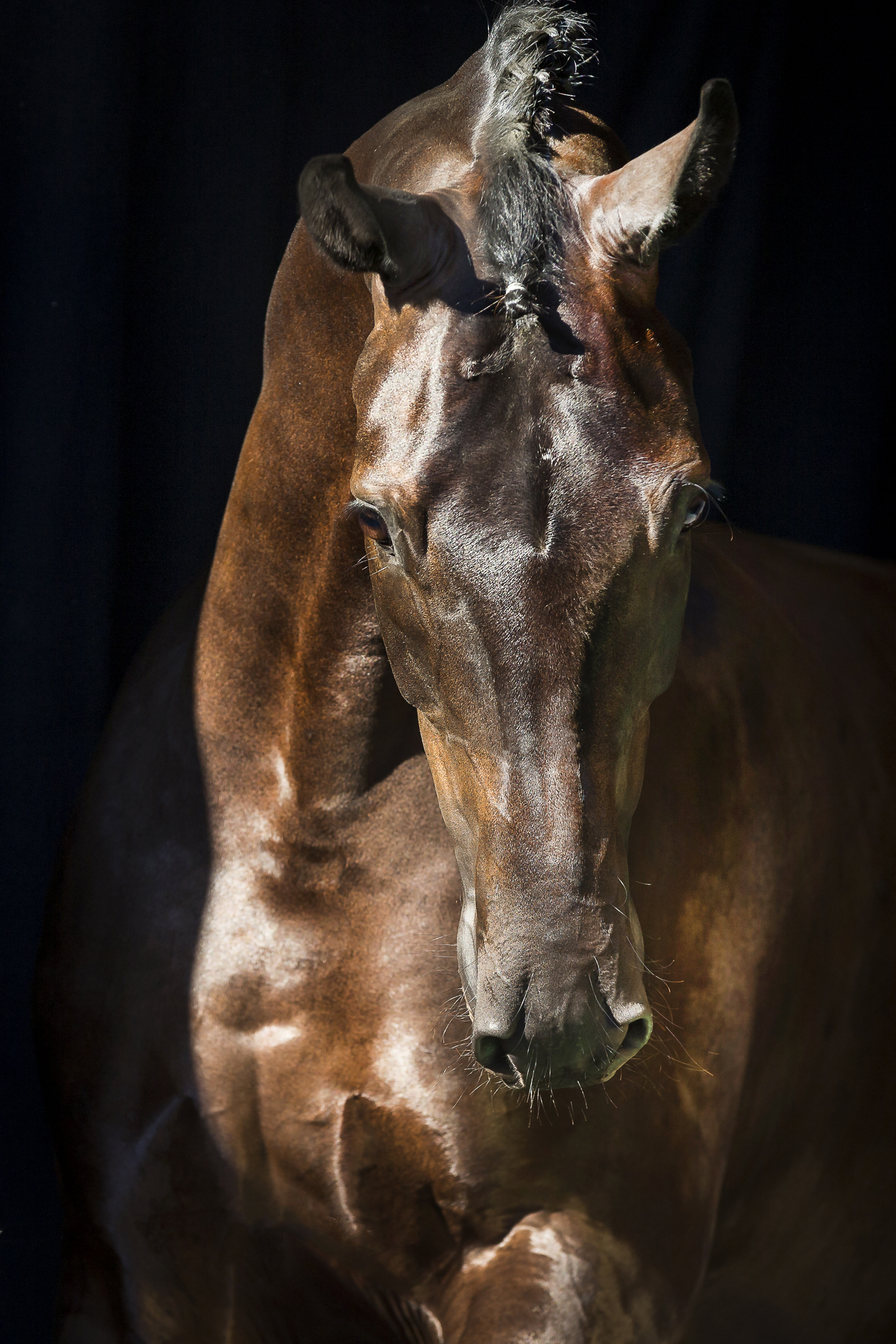No products
Welcome to the Lambey website
Select your country
Welcome to the Lambey website
Select your country
Blog Categories
Latest Posts
« There are many ways to avoid the harmful consequences of excessive stress, sometimes called over-stress »

In equestrian terms, having a nervous horse can mean faster responses, better impulses and increased speed. However, nervousness in sport horses can often negatively affect their performance. A working horse may get nervous for different reasons. Understanding these reasons is the first step to limiting the negative effects.
Horses are a domesticated species that are today used mainly for their sporting prowess, although there are still many working horses around the world. However, in terms of animal behaviour, the basic patterns remain the same, such as social contact with other horses, herd instinct, and foddering. Sporting performance, whatever the discipline, generates both physical and psychological stress. At biological level, stress is caused by the activation of two complimentary pathways:
 |
The stress response is therefore both physiological and behavioural. However, as long as it does not exceed the horse’s capacity for adaptation, stress is not incompatible with performance. |
Horses are intelligent creatures with a particularly keen sense of vision, hearing, smell, touch and taste, allowing them to perceive their environment in great detail. In any given situation, they can process the sensory input, memorise the experience and become accustomed to it. Nevertheless, in stressful situations, horses, which are a prey animal, will react rather than think. Their memory is more photographic than dynamic.
Their emotional response overrides their learned response, triggering their inbuilt and self-preserving reflex of flight.
This brain function forms part of the learning process. It is therefore easy to see how a change, even a small one, in the horse’s usual environment or situation can disrupt its emotional balance to the point that it forgets what it has learned through experience and resorts to its flight instinct.
| Different factors can lead a horse to exceed its cognitive thresholds and ability to adapt to a situation, in particular fear and a restive nature. Faced with a scary situation, the horse, a prey animal, will innately react by fleeing. If flight is not possible, the fear will persist and produce visible invasive signs of nervousness. The neurobiological effects of fear can annihilate all learning and memory processes in horses at work. A restive nature in a working horse will manifest as avoidance behaviours, ranging from simple defensive actions to aggression. This learned behaviour could be: |  |
Nervousness in sport horses can therefore be a symptom of an emotional conflict, due either to a physical problem such as pain, or the incorrect use of training techniques.
There are many ways to avoid the harmful consequences of excessive stress, sometimes called over-stress:
Stress is a part of life for sport horses. It helps them adapt and respond effectively to changes in their environment. Exceeding the animal's tolerance threshold will lead to excessive nervousness and will undermine both performance and quality of life for sport horses. Finding the right balance is a skill.